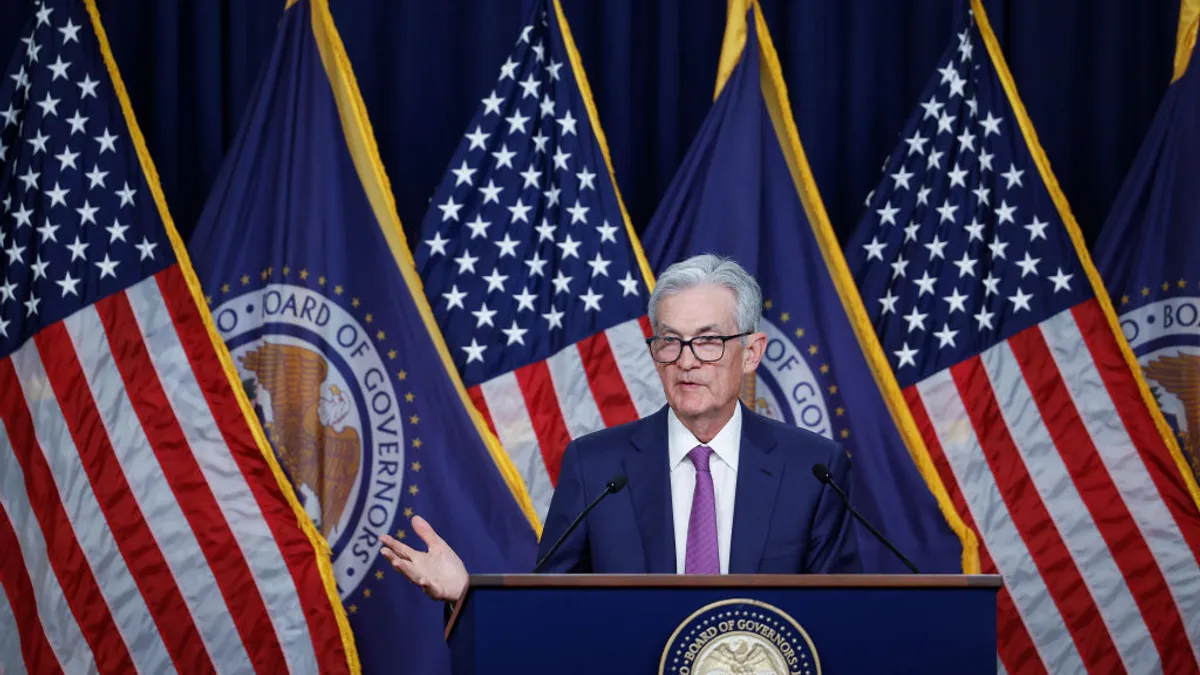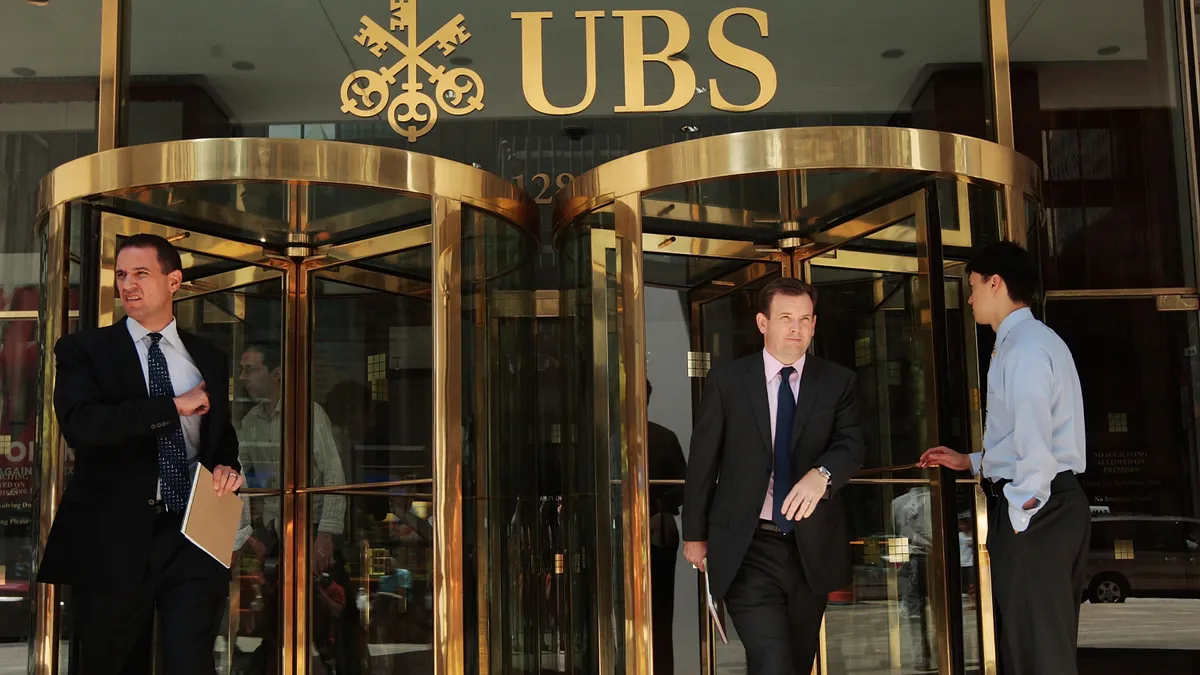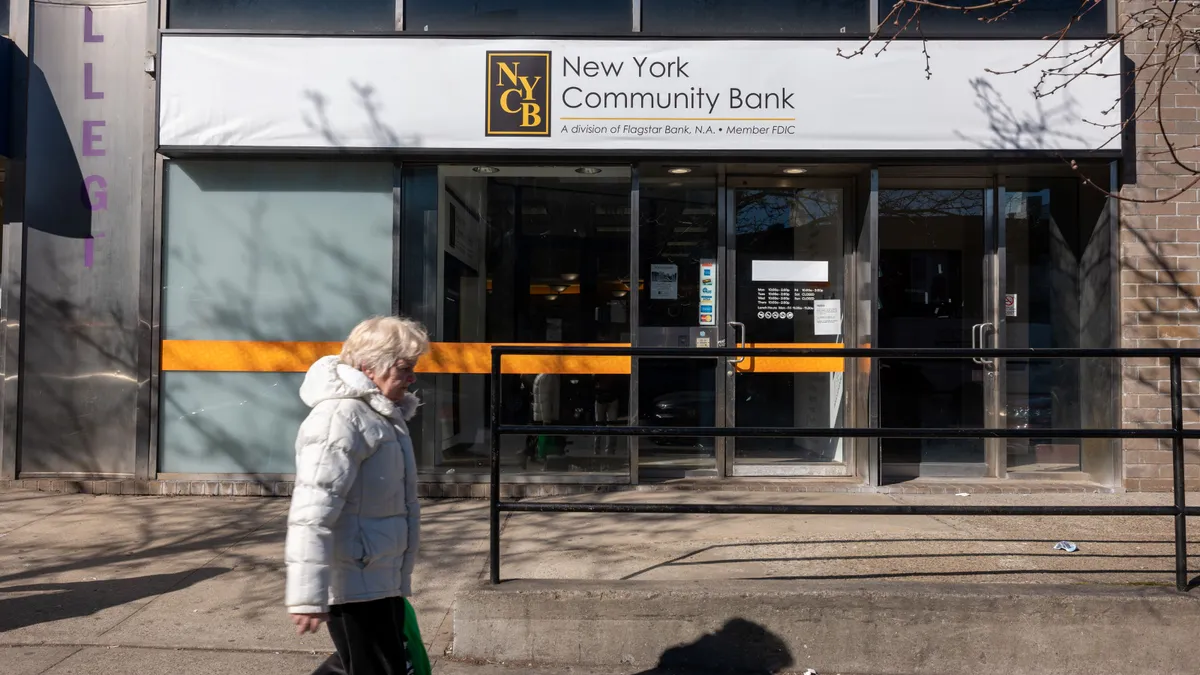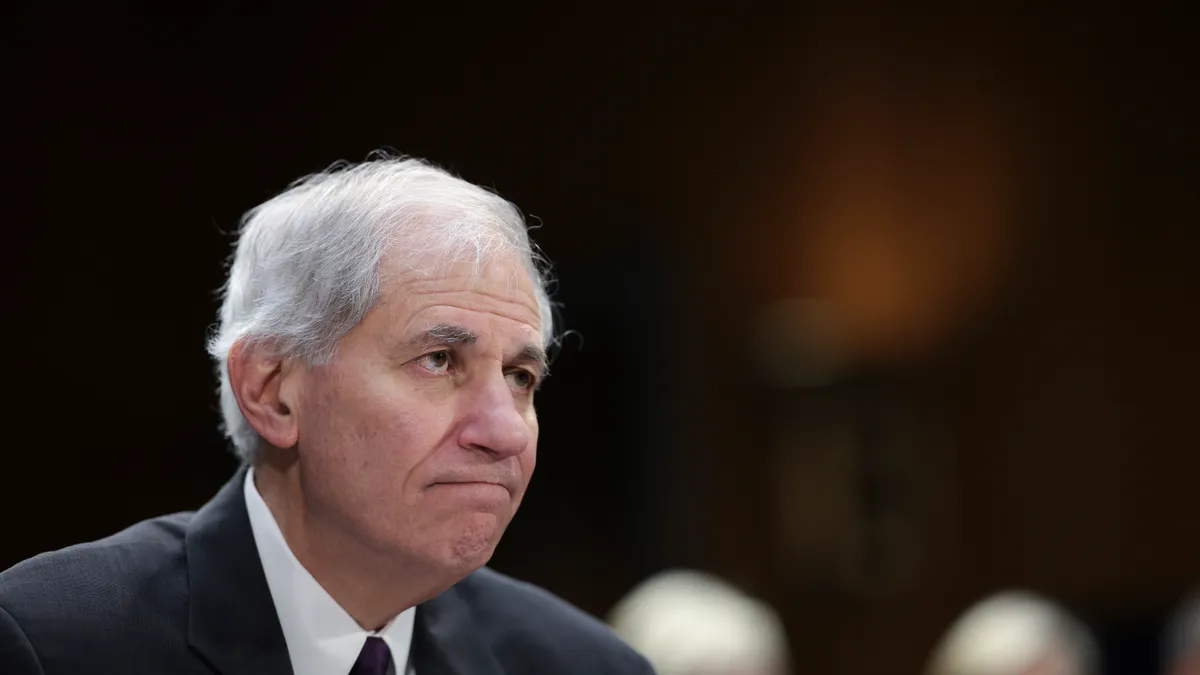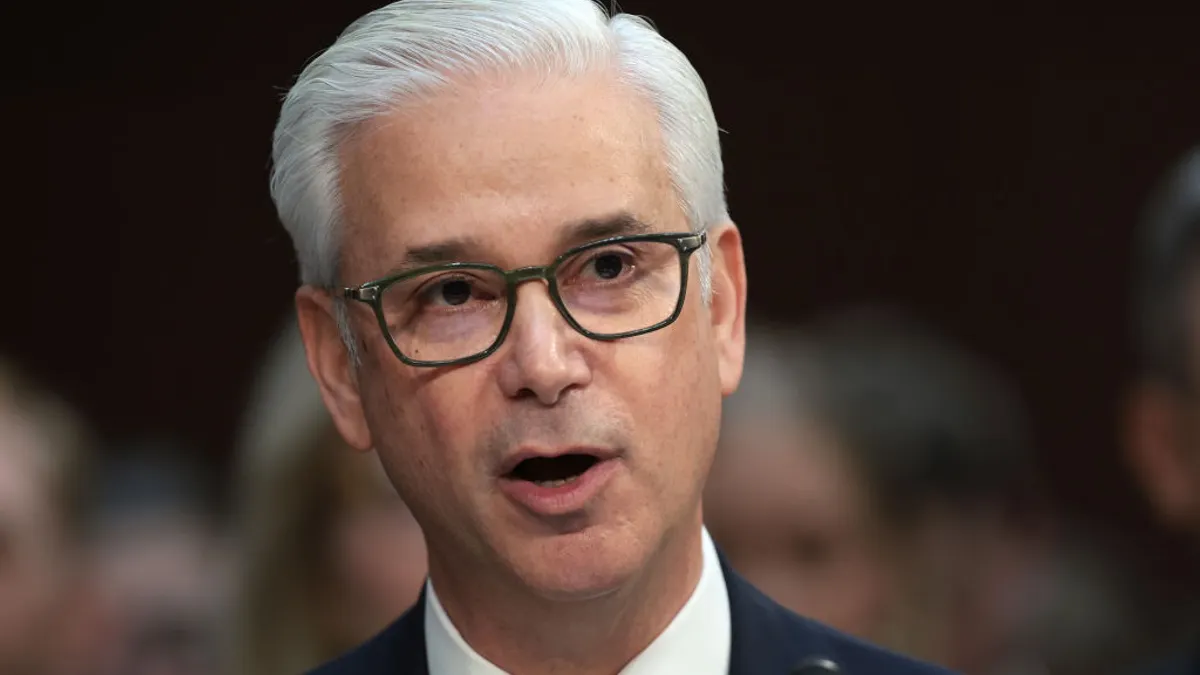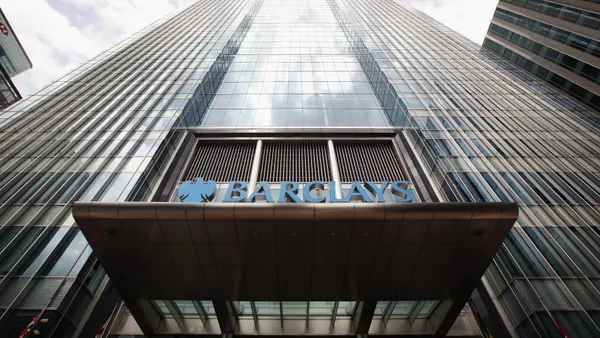Lack of prompt sign-off by the Federal Reserve has inspired another pair of merging banks to extend the termination date for their proposed deal.
Houston-based Allegiance Bank and Community Bank of Texas (CBTX) on Thursday pushed back that date by three months — to Nov. 1 — and delayed their regulatory extension date to Jan. 3, each said in a Securities and Exchange Commission (SEC) filing last week. CBTX also amended its employment agreements with the proposed president and vice chairman of the surviving entity.
Merger delays have seemingly become more commonplace over the past year, and banks have responded in myriad ways. First Century Bank, for example, terminated its proposed merger with First Internet Bank when the banks couldn’t agree on extension terms. Coincidentally, the Fed approved the deal April 29, but the banks couldn’t close the transaction by its April 30 deadline because of statutory waiting periods.
Near the start of the recent rash of delayed deals, at least one analyst — Christopher Marinac, director of research at Janney Montgomery Scott, suggested the timeline trouble had more to do with low staffing levels at regulatory agencies than with the proposals themselves.
However, since that time, the Fed’s board, at least, has staffed up to its full complement of governors. The central bank, though, is not the only regulator seen as central to the delay of mergers.
New York Community Bank and Flagstar Bank extended their merger timeline through Oct. 31, and are aiming to switch to a national charter — perhaps in an attempt to avoid needing approval from the Federal Deposit Insurance Corp. (FDIC).
Bank mergers and acquisitions have come under greater scrutiny since an executive order from President Joe Biden in July 2021 demanded tougher guidelines from the Fed and other regulators. Large mergers this year have routinely been subject to public hearings. At least one multibillion-dollar tie-up — U.S. Bank’s acquisition of MUFG Union Bank — has seen its timeline stretch beyond its initial estimate, the first half of 2022. It remains to be seen whether the other two pending deals of that size — BMO’s acquisition of Bank of the West, and TD’s takeover of First Horizon — will see the same fate. The former deal proposed an end-2022 closing; the latter is set for Feb. 27, 2023.
The Allegiance-CBTX deal, announced in November, received sign-off in June from the FDIC and later from the Texas Department of Banking. It would create an entity — Stellar Bank, so named in May — encompassing $11 billion in assets that would rank sixth in deposit share in the Houston area.
On a second-quarter earnings call last month, CBTX CEO Robert Franklin said the banks' executives "don't know of any reason why this deal wouldn't get approved."
"Our understanding is that we are in line. We just don't know where we are in line, and there's some 20 to 25 deals pending right now before the Fed," he said, according to American Banker, which cited an S&P Global transcript.
Over the past two years, a number of banks have seen lags in merger approval timelines. When First Citizens BancShares and CIT Group announced their merger in October 2020, the banks estimated it would be complete in the first half of 2021. The Fed and the FDIC, early in the process, extended their public comment period due to COVID-related challenges — pushing the expected completion timeline to October 2021. As that deadline approached, First Citizens and CIT extended the deal another six months. The Fed gave its thumbs-up in December.
As M&T Bank and People’s United entered the 12th month after announcing their deal, they extended their timeline — only to be approved two weeks later.
Old National Bank and First Midwest, likewise, had hoped to close their transaction by the end of last year but received Fed approval in late January.
The Fed isn’t the only regulator upon which deals wait. VyStar Credit Union and Heritage Southeast Bank scrapped their proposed merger in June — after three delays — over “lack of a clear path forward to obtaining the regulatory approvals needed for closing.”
Blue Ridge Bank and FVCB terminated their merger in January, months after the Office of the Comptroller of the Currency (OCC) found “certain regulatory concerns with Blue Ridge Bank” — though neither bank mentioned the OCC as reasoning for why the deal fell through.
And this month, GreenState Credit Union abandoned its proposal to acquire Premier Bank after two courts affirmed a Nebraska state regulator’s move to deny the application.









